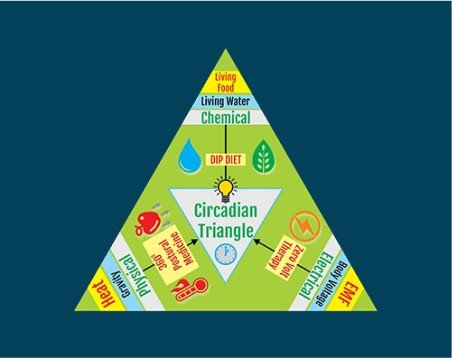
Thyroid

Are you prone to this disease?
While this disease has the ability to affect anyone – infants, teenagers, men, women, and the elderly, it can occur even at birth (normally hypothyroidism) and develop as you grow older (sometimes even after menopause in women).
Getting the right treatment for thyroid is quite essential as it can affect other aspects of your life. If you are falling under any of the below-mentioned categories, you can be prone to developing this disease.
- If your family has a medical history of this disease.
- If you are suffering from any of the following medical conditions – Type 1 diabetes, primary adrenal insufficiency, Sjögren’s syndrome, lupus, rheumatoid arthritis, and Turner syndrome.
- If you are consuming a medication that is high in iodine (amiodarone).
- Women who are above 60 years of age.
- If you had any treatment in the past for cancer or this particular condition.
What are the causes of this disease?
The two main types of this disease namely hypothyroidism and hyperthyroidism are caused due to a number of factors.
Some diseases that can lead to hypothyroidism include:
- Thyroiditis, a condition that can reduce the amount of hormones produced by your thyroid.
- Hashimoto’s thyroiditis, a condition in which the cells of the body attack and cause harm to the thyroid gland.
- Postpartum thyroiditis usually happens in 5% to 9% of women usually after giving birth.
- Deficiency of iodine in the body.
- If the gland is not functioning properly.
Some diseases that can lead to hyperthyroidism include:
- Graves disease, a condition in which the entire gland is overactive to produce excessive hormones.
- Thyroiditis, a condition that can be either too painful or is not experienced at all.
- Presence of excessive amounts of iodine.
Common symptoms of this disease
A person would experience a variety of symptoms if he/she is suffering from this particular type of disease. Unfortunately, the symptoms of this disease closely resemble those of other illnesses and life stages. This can make it challenging to determine if your symptoms are caused due to this condition or something completely different.
The common symptoms of hypothyroidism include:
- Excessive loss of weight.
- Experiencing sensitivity to heat.
- Experiencing trouble sleeping.
- The goiter becomes enlarged.
- Experiencing eye irritation or issues in vision.
- Experiencing tremors or muscle weakness.
- Irregular periods.
The common symptoms of hyperthyroidism include:
- Experiencing fatigue or tiredness.
- Excessive gain in weight.
- Easily forgetting things.
- Experiencing frequent or irregular periods.
- Not being able to remember things or being forgetful.
- Having coarse or dry hair.
- Having a sensitivity to chilly temperatures.
Our range of natural treatments include pranayama, DIP diet plan, yoga, and circadian triangle. Our therapy options are based on an in-depth knowledge of the intricate workings of the human body and its critical function in maintaining our health. Our skilled medical professionals ensure that you receive the greatest care that is long-lasting, efficient, and free of any negative side effects.






